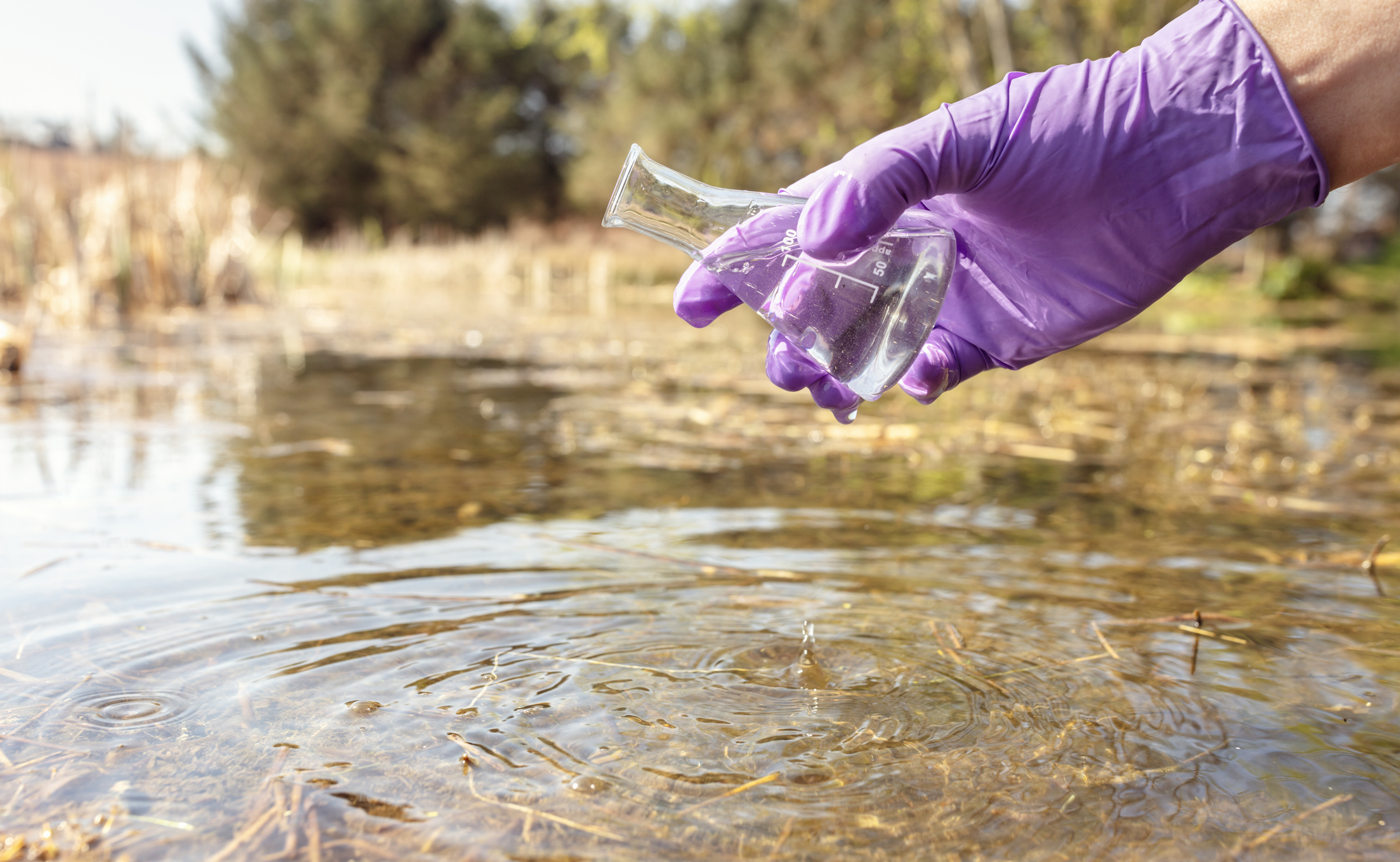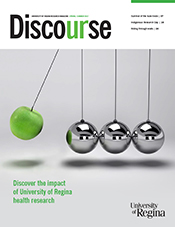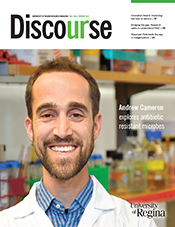Project ReportNeedles.ca aims to reduce overdoses

There is a drug overdose crisis in Saskatchewan. As of August 1 of this year, the Saskatchewan Coroners’ Report noted 92 confirmed and 199 suspected drug toxicity deaths in the province. The majority of them involved the presence of an opioid.
Sustained elevation of drug-related deaths and harms in Saskatchewan have also contributed to the province’s HIV transmission rate being more than double the national average for over five years, and more than five times the national average this year.
Now, a new collaborative project between the University of Regina and AIDS Programs South Saskatchewan Inc. (APSS) aims to change these stats and the lives of the people behind them. Launched today, Project Reportneedles.ca will map discarded needles in public places using real-time Geographic Information System (GIS), and then offer targeted supports such as naloxone training and recovery options based on the information collected.
Through this project the team seeks to make a profound difference in the lives of people dealing with substance use disorders.
Dr. Andrew Eaton, assistant professor in the University of Regina’s Faculty of Social Work, is principal investigator on the project and says the goal is to introduce effective harm reduction strategies into Regina communities.
“When people see used needles on the ground, they can input the location using the app reportneedles.ca that was developed by APSS. We will then use real-time GIS to map the needles in the community,” says Eaton. “Once we see which public places have the largest presence of syringes being discarded, we will increase supports to those areas.”
Eaton says by targeting hotspot areas where discarded needles in public spaces are the highest, they expect to be able to reduce the number of drug-related deaths and encourage safer needle use. To do this, his team will train 50 Regina residents who use drugs in administering naloxone and in peer support.
“We will provide information about overdose risk factors and symptoms and safer use behaviour,” says Eaton. “When people who use drugs can discuss substance use with their peers in a facilitated space that includes education and therapy, it can be an effective way to reduce overdoses.”

Shiny Mary Varghese is the Executive Director of APSS. She says through this project the team seeks to make a profound difference in the lives of people dealing with substance use disorders.
“APSS is excited to collaborate with Dr. Andrew Eaton, the University of Regina, and the Eaton Lab in our research project to use geographic information system through real-time mapping of hotspots through reportneedles.ca. This will allow us to accurately focus harm reduction interventions to maximize efficiency and impact by empowering the target population with harm reduction knowledge, naloxone training, substitution therapies, recovery options, community referrals, and resources to reduce the drug toxicity hospitalizations and deaths in Regina,” says Varghese.
Eaton says during the two-year project, his team will evaluate their targeted harm reduction approaches to see what is working and what isn’t.
“Once we have the harm reduction evidence we will be able to share our results so other places can adapt and implement these tools,” says Eaton.

















